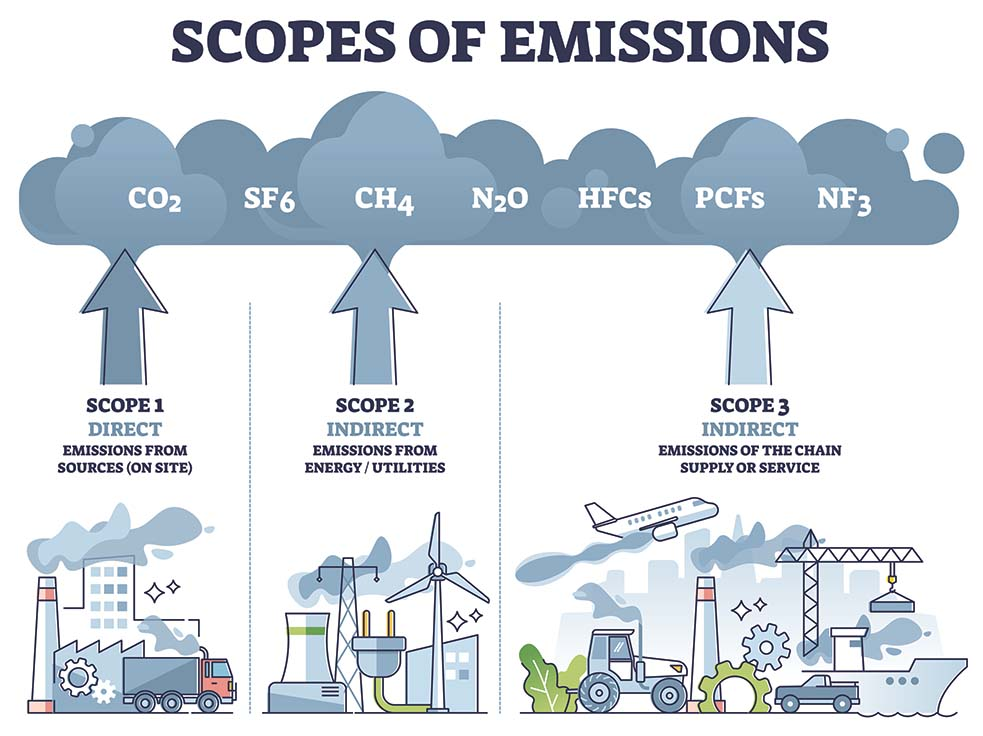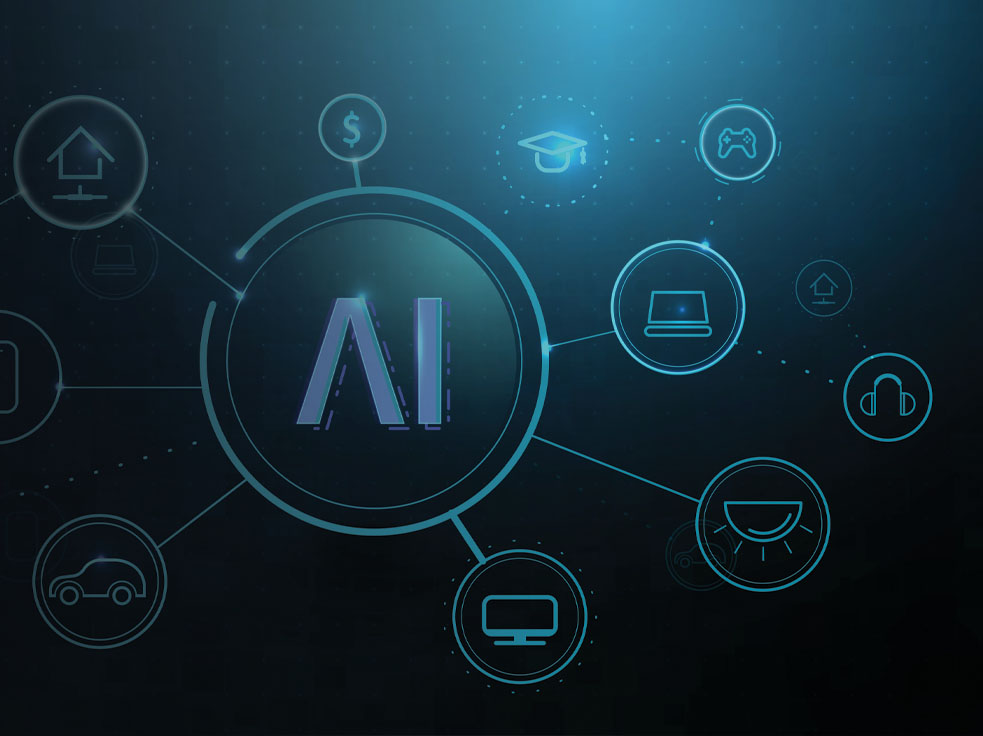Responsible AI: information security & sustainability
Introduction: embracing responsible AI
Artificial Intelligence (AI) is transforming our lives during the fourth industrial revolution. Responsible AI implementation is crucial, and ethical considerations are necessary when using powerful tools like Monolith.
So, what are we actually doing to deliver and implement responsible AI practices? In this blog, we will highlight two actions we’ve embarked on, as well as dive into the topic of responsible AI best practices.
Data privacy and information security at Monolith
AI systems and sensitive data must be protected with privacy and security protocols. Monolith AI operates a program of information security awareness and compliance through company inductions, training, and internal audits.
Monolith AI has defined its commitment to protecting information through the Information Security Management System (ISMS) to ensure confidentiality, integrity, security, and availability of internal, customer, and supplier information in compliance with our Information Security Policy.
Please find more information in our Information Security Policy Statement here.
Monolith AI: formal certification for ISO 27001
The use of AI in business is becoming more common nowadays. Major applications like Microsoft Teams and Word have integrated new features to simplify our lives.
However, we must be cautious with this new technology and consider ways to minimise any potential security risks while developing or utilising it. This is precisely what we have done here at Monolith.
Our software provides a machine learning program for engineers to build highly accurate self-learning AI models that instantly predict the performance of systems in a wide range of operating conditions.
We've implemented a formal information security management system and have certified against ISO 27001:2022, which helps us continuously improve our information security and privacy. This means we keep the sensitive engineering data - and ML models - of our clients and prospects secure.
Our formal ISO 27001 certification also sets us apart as a prominent figure in the emerging AI industry, helping us stand out from our competitors.

Recently, Æsc George, Senior Software Engineer at Monolith, was interviewed by Blackmores in a podcast about this subject. The podcast episode focuses on our journey towards obtaining ISO 27001 certification. Æsc shares insights into our experience with information security and the implementation of ISO 27001. Key points include:
- The reasons behind pursuing certification.
- The time and effort invested.
- The impact on information security risk management.
- The benefits we anticipate upon receiving the certification.
Listen to the podcast now!
Responsible AI: Sustainability
Another factor to consider in responsible AI practices is sustainability and environmental impact. The first question for any business change will often be “Why?” (and rightly so). This can be a particularly charged question for ESG changes (including environmental changes) as the changes often carry a cost without obvious benefits.
Digital services, like those provided by Monolith, are often overlooked when it comes to their environmental impact. These services can appear nebulous, without a physical presence in the world, and without any real impact.
However, any digital service is backed by a business, people, technology, hardware, etc. that, to state the obvious, do exist in the world and do directly impact the environment.
The service rendered will also have an impact itself, beyond what’s implied in providing that service.
Positive benefits of rendered services
Monolith’s business proposition has inherent environmental benefits. Allowing companies to fast-track their testing and make predictions with models means they don’t have to run potentially energy-intensive tests, such as running wind tunnels or manufacturing another prototype.
Reduced testing times also means new products and product improvements arrive sooner. These products and product improvements may reduce the negative environmental impact on our customers, meaning the world gets to benefit from these improvements sooner as a result.
The economic benefits of Monolith’s services could also make environmentally friendly products economically viable (that otherwise may never have made it to market).
How is Monolith taking responsibility?
Monolith is taking steps to reduce its negative environmental impact through the following means:
- Measuring its energy use and greenhouse gas (GHG) emissions.
- Offsetting all measured GHG emissions with high-quality, “Gold Standard” offsets from Climate Impact Partners, informed by the Oxford Offsetting Principles, so that we are carbon neutral. This means that we've estimated all of our company's annual greenhouse gas emissions, including our indirect emissions (Scope 1, Scope 2, and major Scope 3 sources, according to the GHG Protocol), and then purchased carbon offsets for an equivalent or greater amount.

- Our London HQ office is run with 100% renewable energy. Learn more about our company here.
- Our platform, hosted on AWS, only runs in regions that use 100% renewable energy.
The schemes we support mean that net GHG emissions are lower than the counterfactual scenario in which we chose not to purchase offsets, but there has been no absolute reduction in GHG emissions.
Monolith is committed to reducing our negative environmental impact. Our technical platform and London HQ use 100% renewable energy, reducing our GHG emissions.
Responsible AI development: industry best practices
Encouraging collaboration and diversity
AI development requires a diverse team of individuals and data sets to achieve the best results. This is crucial for minimising bias, exchanging ideas, achieving fairness in outcomes, and making responsible decisions with AI systems.
Continuously monitoring and improving AI systems
Continuous monitoring and improvement are critical for deploying AI systems successfully. Regular checks ensure ethicality and impartiality, and automated notifications prevent malicious intent from compromising security. Strategies for identifying bias enable rapid action to preserve sensitive data and the stability of AI systems.

Real-world examples of responsible AI in action
To name a few, companies like Microsoft, Google, and Accenture have implemented responsible AI guidelines, utilising best practices for machine learning development and ensuring transparency and accountability through data sheets and governance structures.
Overcoming challenges in responsible AI implementation
AI implementation faces transparency, bias, discrimination, and security challenges. Good governance and accountability are crucial. Balancing internal and external demands is essential for safe and secure AI deployment.
Balancing privacy and utility
Finding the right balance between data utility and security while implementing AI can be a challenging task. It requires a responsible approach to risk management that focuses on maintaining user privacy, avoiding bias or discrimination, and promoting transparency and accountability.
It is crucial to weigh the potential benefits of data use against its privacy risks. Differential Privacy techniques can be quite useful in achieving this balance. These techniques introduce noise into collected data or queries, thus safeguarding individuals' personal information while maintaining relevant statistical properties from underlying datasets.

Measuring effectiveness
Evaluating AI systems for ethical and responsible practices can be complex. Approaches include measuring it against ethical standards, conducting an impact analysis, instituting governance measures, and evaluating its reliability and transparency.
Conclusion
In conclusion, embracing a responsible AI framework is paramount in navigating the transformative landscape of the fourth industrial revolution. At Monolith AI, our commitment to ethical technology is evident through concrete actions prioritising data privacy and information security.
We've implemented a robust Information Security Management System (ISMS) and obtained formal ISO 27001 certification, reinforcing our dedication to safeguarding sensitive engineering data and machine learning models. This ensures the confidentiality and integrity of information and positions Monolith as a standout player in the AI industry, differentiating us through our commitment to security.
Moreover, Monolith recognises the significance of sustainability in responsible AI. We have taken proactive steps to address issues, potential threats, and our environmental impact, becoming a carbon-neutral company. Moreover, though we currently meet and exceed industry standards, we plan to update our practices and procedures to maintain AI responsibly continuously.
By estimating and offsetting our annual greenhouse gas emissions, utilising renewable energy in our technical platform and London headquarters, and following recognised principles and regulatory requirements for carbon offsets, we contribute to a healthier planet.

